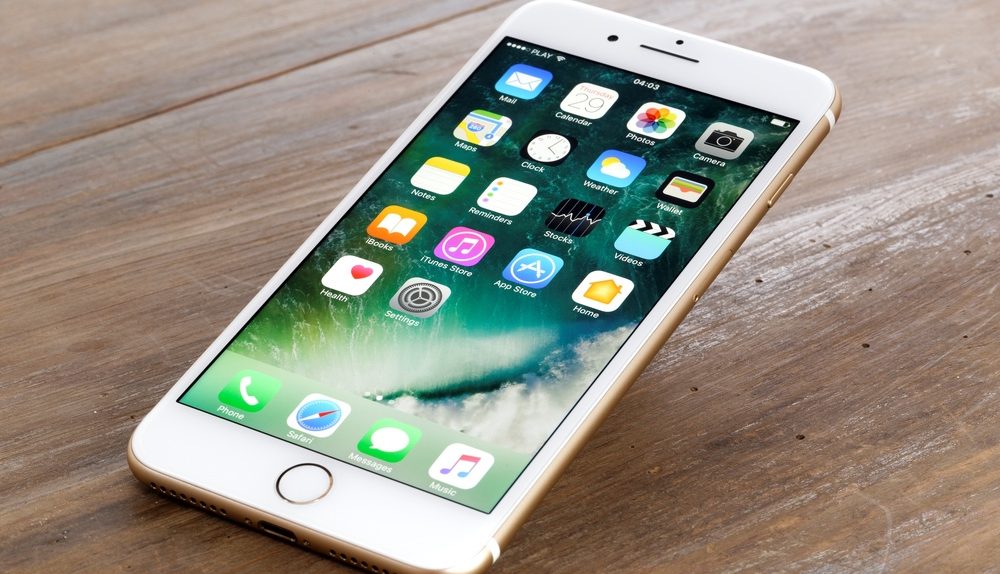With dozens of class-action lawsuits swirling overhead, Apple could have saved itself a whole lot of heartache and money — not to mention bad press — if it opted to be transparent about throttling CPU performance on older iPhone models. Indeed, allegations that Apple was purposefully slowing down older iPhone models with new iOS updates have persisted for years, only to be routinely dismissed as baseless, if not conspiratorial.
Predictably, once Apple confirmed that it does slow down older iPhone models with degraded batteries — all in the interest of preventing unexpected device shutdowns — the class action lawsuits started piling up quickly. It started with two lawsuits in California and has only expanded since then. Currently, Apple faces 40 class-action lawsuits stemming from its decision, however well-intentioned, to slow down older iPhones.
All that said, there’s now a new wrinkle to one of the class-action suits. Earlier this week, the plaintiff involved in the case Harvey v. Apple Inc. filed a motion in pursuit of a preliminary injunction that would would require Apple to temporarily suspend its battery recycling program and preserve all data it obtains via diagnostic testing on older iPhone batteries.
In a statement on the matter, the plaintiff’s attorney, Adam Levitt, explained:
Apple deceived many of its customers into buying brand new iPhones by rolling out its iOS throttling software, causing them material financial damages. Given the ever-changing nature of Apple’s battery replacement program and the critical importance of that diagnostic data to this lawsuit, Apple should be required to preserve that data and produce it to Plaintiff’s counsel. Not doing so exacerbates the problem and further erodes consumers’ trust in Apple.
The motion itself reads in part:
The timing of this program is questionable: Apple denied the existence of a problem with the batteries it installed in millions of iPhones for years, then announced the Defective Battery Program one week after Plaintiff Harvey sued it for fraudulently concealing the existence of defective batteries in Affected iPhones. It then accelerated the program and began removing and replacing those batteries and subjecting Affected iPhones to diagnostic tests. As a result, Class members are handing over evidence from their iPhones to Apple, without any assurance that Apple will not dispose of the replaced batteries or selectively use and/or dispose of the information gathered as a means of trying to avoid liability.
…
Apple’s internal policies call for it to recycle all iPhone batteries, 5 meaning that the evidence Class members expose to Apple’s data grab is destined for destruction and, thus, spoliation.
The plaintiff’s motion is set to be heard on February 21.








